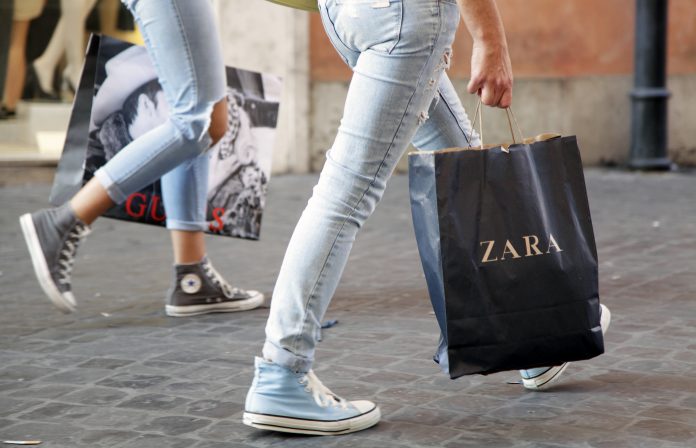This article discusses the potential of blockchain and retail: Could the technology be responsible for a profit increase for the sector in 2018?
Over the last three months of 2018, ONS reported that the retail sector saw a slight profit increase of 0.7%. The year before that, the same source highlighted a decrease in the number of stores opening.
Analysts predict that online competitors, rising staff costs and consumption fatigue could all contribute to its decline. Could blockchain provide a solution?
The open ledger makes permanent records of transactions and was originally used for cryptocurrency purchases.
This means that any payment of contract can be transferred online – which could transform the industry. Here, we examine how.
Legal protection
Blockchain automatically produces digital records of transactions. In turn, it can speed up returns and refunds operations. This doesn’t just reap practical rewards for users – it can be beneficial from a legal standpoint, too.
Retailers will no longer need to store data – either manually or on PC – themselves; the blockchain system will do it for them. And the right contract can help to authenticate product data immediately, should a customer demand it.
This could make transport and shipping easier for many retailers. Food market chains, for example, are already using it to track food items.
Thanks to retail law firms, advice on how to maximise the advantages of blockchain are easily accessible. Industry members that do look to legal experts could heighten their overall performance.
Clear supply chain
Ethical consumerism is on the rise throughout the world –, especially in the UK. The 2019 Organic Market report revealed that the sector makes a profit of almost £45 million a week.
The Soil Association – who conducted the survey – also highlights that last year saw a growth of 14% in sales for beauty and wellbeing products within this sector.
Increasingly, people are wanting to know where food has come from, not just how it has been produced.
Luckily, blockchain can meet this demand.
This is largely because its documents are unalterable. Retailers that use this payment structure are unable to modify goods purchase records to appease customers – blockchain won’t allow it.
Thanks to it, consumers can identify the exact source of their meal, make-up, or clothes. More retail firms are looking to Blockchain to grow their business. Those that do must adhere to moral standards in order to gain a higher client satisfaction rate.
With a clear supply chain, these agencies are able to evidence their commitment to responsible shopping. This may enable them to score highly in customer surveys – and could generate more sales as a result.
Customer security
Private blockchain accounts can only be accessed by cryptographic key holders. To anybody else, they’re impenetrable. For this reason, this system could deliver a safer alternative to traditional payment methods.
In-store transactions can require customers to share certain bank details. Similarly, online payment options typically ask shoppers for personal information.
Because they guarantee information security, retailers that use blockchain can deliver a better option. Consumers may be more inclined to pay through this system.
So, we could see clients opt for concrete and web stores that offer this service. Could this give retail a much-needed popularity boost?
Creations like blockchain make this an exciting time for the industry. Thanks to this process, there are plenty of opportunities for growth and expansion. It may even help the high street to make a comeback.
Surprisingly, the technology could hold the key to the future of retail.











